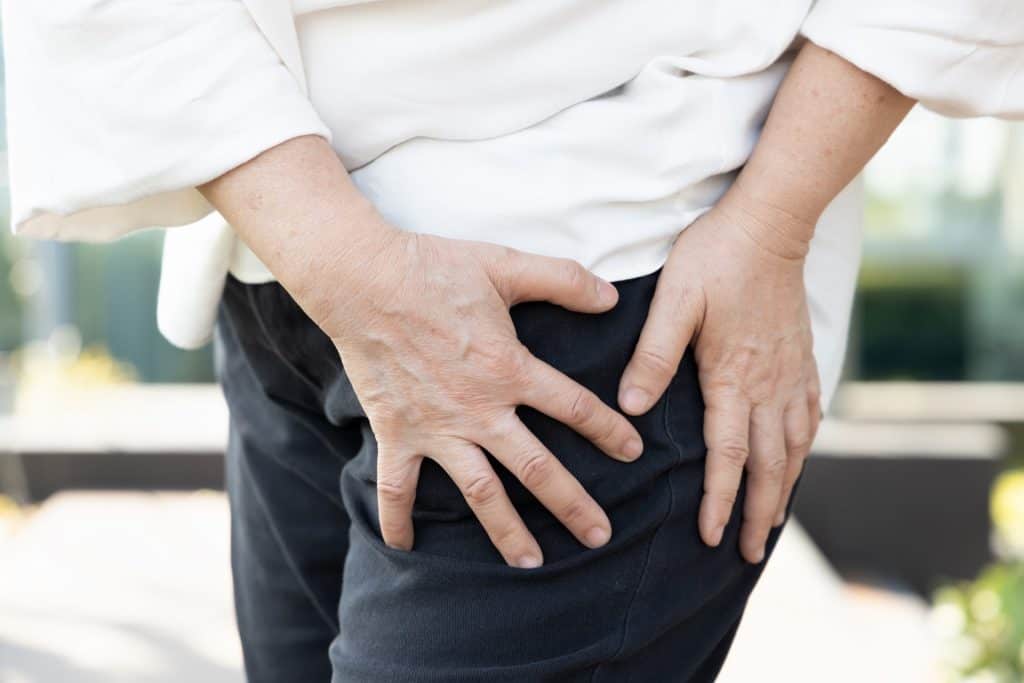
At the Center for Advanced Orthopedics and Sports Medicine, our approach to diagnosing and treating hip conditions involves a thorough physical examination, patient history, and imaging tests such as X-rays, MRI, or CT scans. Treatment options include: